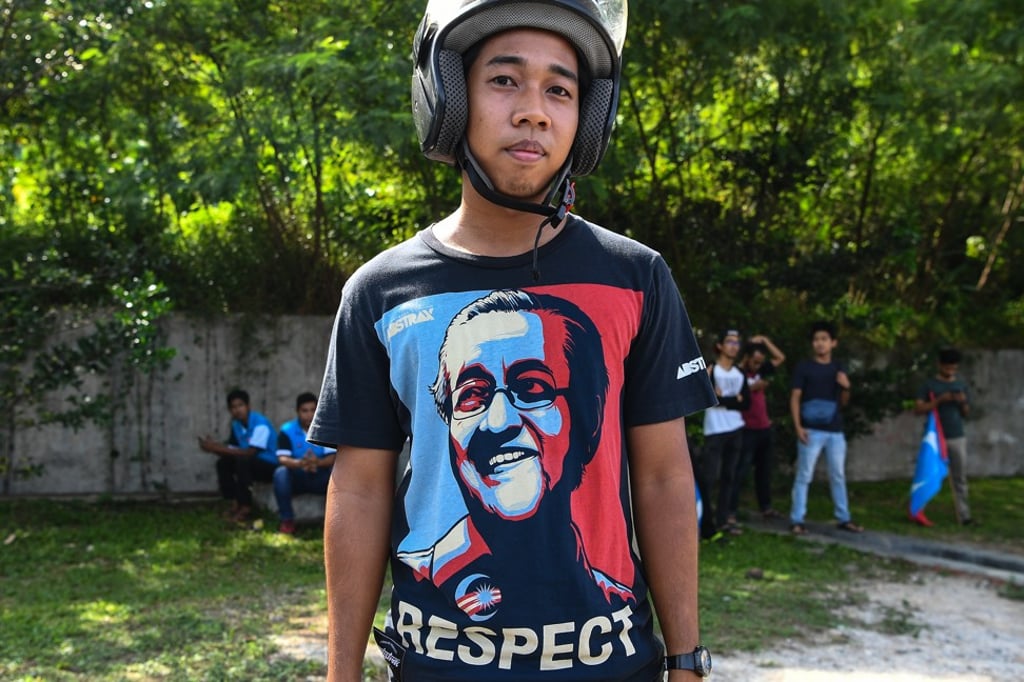On Reflection | Mahathir’s Pakatan Harapan has mixed track record on changing human rights laws in Malaysia – but progress takes time
- A year ago, the new government took power on the back of a progressive manifesto that promised freedom from discrimination – but reforming 61 years of authoritarian rule under the Barisan Nasional coalition will not happen overnight, writes Charles Santiago
- This is the eighth of a series of essays by well-known Malaysians to be published in the run-up to May 9, the anniversary of the country’s first change of government

In May 2018, the coalition – of which I am a part, representing the constituency of Klang as a Member of Parliament – swept to power against the odds. Our victory ended 61 years of uninterrupted, and increasingly authoritarian, rule by the Barisan Nasional coalition. There is no denying that the vote was the electorate’s way of expressing disgust with the alleged corruption of former prime minister Najib Razak and his government. But it was also an endorsement of a new chapter on human rights in Malaysia.
Pakatan Harapan took power on the back of a progressive manifesto that promised to build an inclusive Malaysia free from discrimination and with equal opportunity for all. We committed to end the use of the death penalty, and to repeal the most egregious laws used by the previous government to punish critics and restrict freedom of expression.
While hopes were high, it is fair to say that the government’s track record so far is mixed at best. An attempt to repeal the Anti-Fake News law has been held up in the Senate, although it is ultimately expected to be successful. A commitment to repeal the Sedition Act by December 2018 came to nothing, and the law is still being used against critics of the government, although to a far lesser extent than before.
While there is an official moratorium on executions, plans to repeal the death penalty in law have been shelved indefinitely. We have, however, passed new laws increasing academic freedom and students’ right to take part in politics.
In April, the government was forced to backtrack on its commitment to sign up to the Rome Statute of the International Criminal Court after the move was vehemently opposed by the Johor royal household. Last December, the government had made a similar U-turn after conservative Malay groups took to the streets to protest plans to sign on to a UN treaty on racial discrimination.


